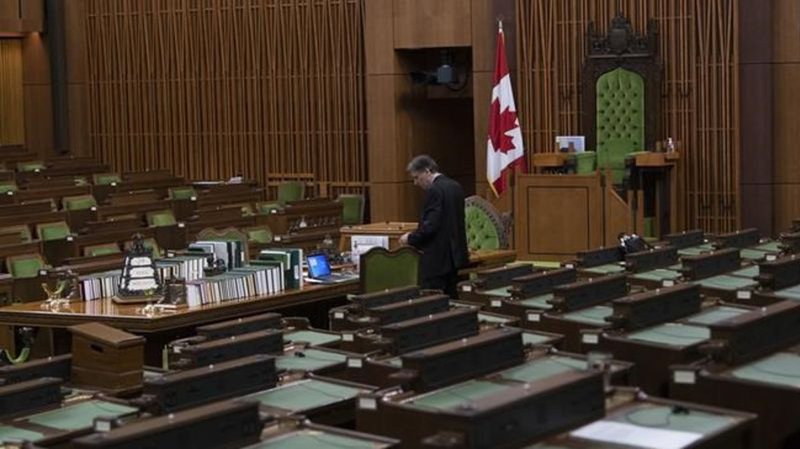
Talks continue over how, if, House of Commons should resume Monday
OTTAWA — Intense behind-the-scenes negotiations are to continue today among federal political parties over how Parliament should function as the COVID-19 crisis drags on.
The House of Commons, which has been largely adjourned since mid-March, is to resume normal operations on Monday.
But whether that normalcy lasts more than a few hours will depend on the outcome of talks among party House leaders, which are expected to continue through the weekend and possibly into Monday morning.
Last month, the Liberals and opposition parties joined forces to reject a Conservative bid to require multiple in-person sittings of the Commons each week, with a reduced roster of MPs physically present in the chamber.
